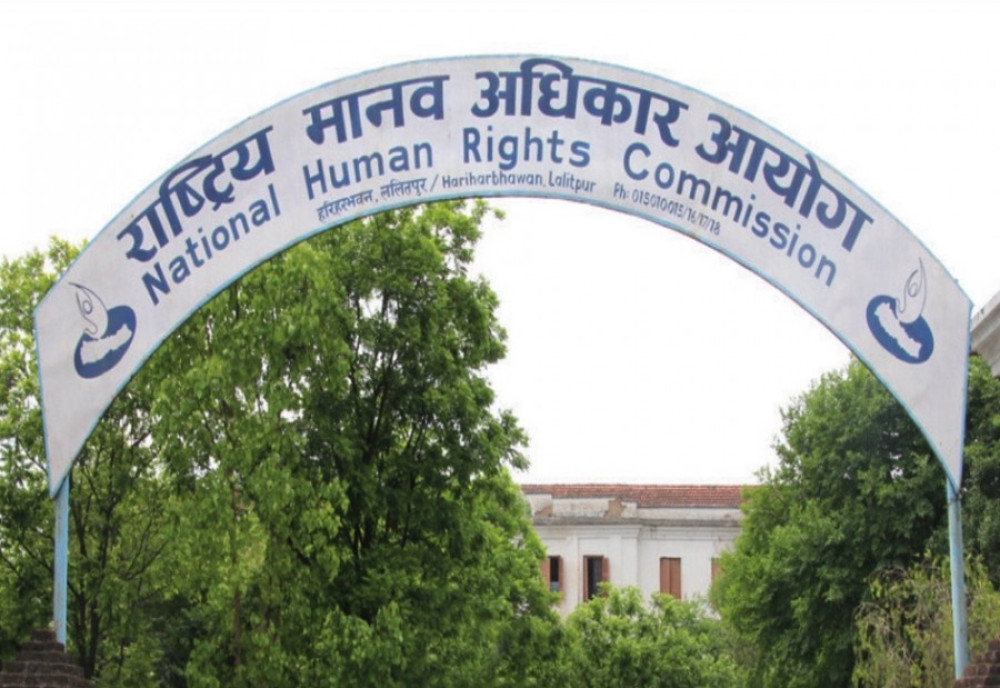Kathmandu- According to the verdict of the Supreme Court, Bhatbhateni has to pay one billion 53 million 25 lakh rupees in the case of VAT evasion.
The full bench of the Supreme Court upheld the decision it had made earlier and held that Bhatbhateni had evaded taxes by creating a fake VAT bill.
The full bench of judges Kumar Chudal, Tek Prasad Dhungana and Balkrishna Dhakal has issued the final judgment on the issue of tax evasion by issuing fake VAT bills.
Bhatbhateni had issued a fake bill of tax VAT from July 064 to January 067 and the tax office had assessed taxes and fines on Bhatbhateni for evading VAT and income tax. Which was approved by the Internal Revenue Department’s Administrative Review and Revenue Tribunal Office.
According to the decision of the Department and Revenue Tribunal Office, Bhatbhateni appealed against it to the Supreme Court after having to pay tax and fines of more than one billion rupees. After many arguments and long debates, the joint bench of the then Chief Justice Cholendra Shamsher Jabara and Judge Prakash Kumar Dhungana upheld the decision of the department and the tribunal office saying that Bhatbhateni’s plea was not enough .


 NP
NP
